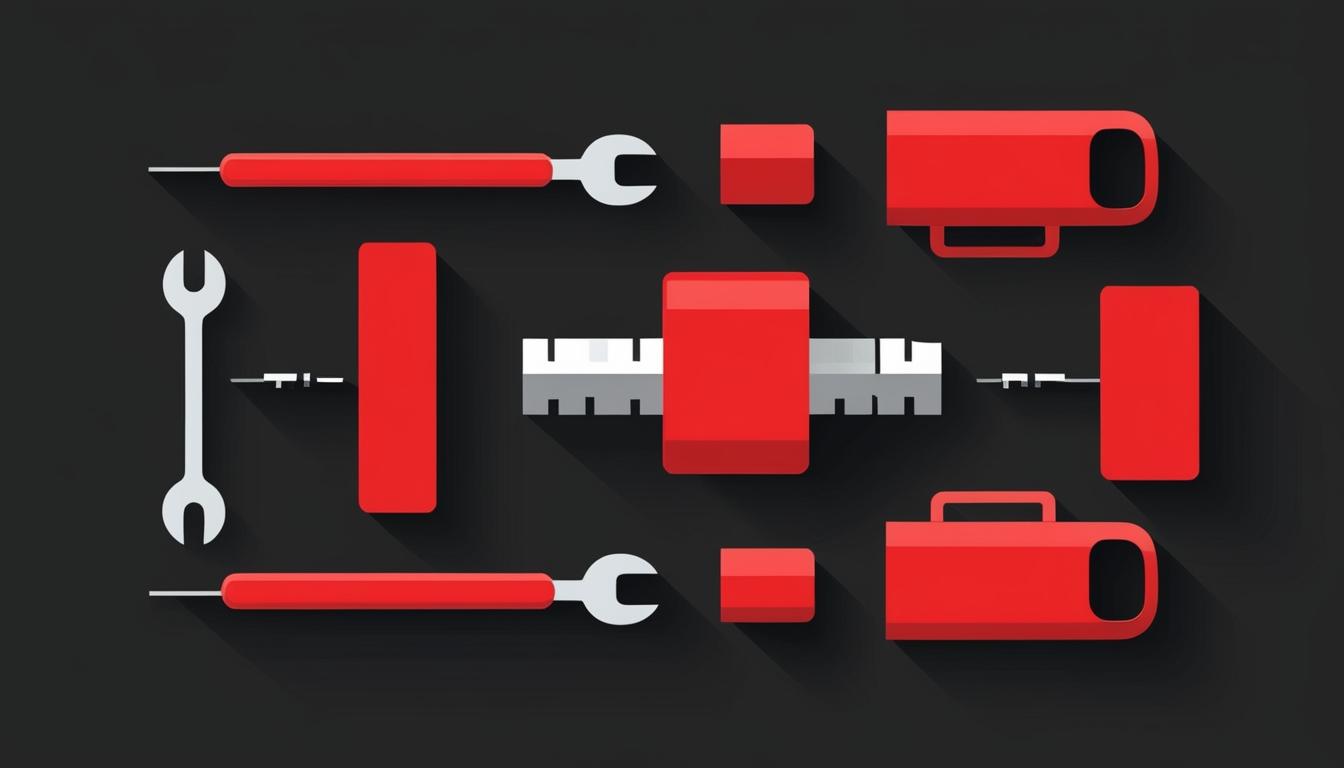The latest findings from the CMO Survey have revealed significant insights into the evolving landscape of marketing strategies for businesses. With a focus on martech investment and usage amidst budgetary pressures, the report outlines several trends that could reshape how organisations approach their marketing efforts in the near future.
The survey, conducted in Fall 2024, indicates that while total budgets for Chief Marketing Officers (CMOs) have seen an increase, the share of marketing budgets relative to total company budgets has notably decreased, falling from a three-year high of 13.8% in September 2022 to just 10.1% in Fall 2024. Additionally, marketing budgets as a percentage of revenue also dropped from 10.1% in the spring of 2024 to 7.7% in the latest survey, representing the lowest level seen in over three years. The trend suggests that when companies look to streamline costs to enhance revenue growth, marketing budgets are often the first to experience cuts, with such adjustments occurring 44.6% of the time.
The survey’s analysis of martech (marketing technology) illustrates an intriguing paradox; despite a slight reduction in martech spending as a share of the overall marketing budget—down 0.9% from the previous spring—usage of martech platforms has actually increased by 1.4%. This shift may indicate a strategic consolidation of existing tools or a replacement of platforms aimed at reducing overhead costs while still leveraging technology's capacity to bolster marketing activities.
Despite martech's role in supporting a significant 55% of marketing activities, the survey uncovers a clear disconnect between expectations and performance. The tools’ perceived impact on company performance remains relatively high, with an average score of 4.8 out of 7, unchanged from Spring 2024. Nevertheless, disappointment is evident; 54.9% of respondents reported feeling let down by the results generated from martech investments, marking a notable increase of over 6% since Spring.
Further examination of the survey results shows that only half of the martech tools are employed in operational roles, decreasing from 56% in the previous survey. The focus on strengthening data strategies and eliminating data silos has also diminished, dropping from 51% to 48%. In addition, marketing experimentation has witnessed a reduced emphasis, declining from 35.6% to 32.7%. This can be interpreted as a sign that marketers may be becoming more cautious, resulting in a rise in the overall dissatisfaction with the martech landscape, impacting both marketing initiatives and overall operational effectiveness.
In light of these findings, the survey outlines several considerations for marketers aiming to maximise the return on investment (ROI) from their martech strategies. One recommendation emphasises the importance of reassessing the impact of martech on marketing operations. Marketers are encouraged to evaluate each platform's potential to streamline internal processes, thereby reducing dependencies on external vendors while improving internal efficiencies.
Additionally, enhancing customer data collection processes is highlighted as another crucial area for marketers to focus on. Given their close involvement with data gathering and customer engagement, marketers can significantly impact data quality, which should, in turn, facilitate faster and more effective campaign deployments.
While the CMO Fall Survey offers a comprehensive look at current trends and challenges, it also raises essential questions regarding budget allocations for martech and its effective use. As the landscape continues to evolve, the findings underscore the growing importance of martech in organisational strategies. The ongoing adaptation and utilisation of these tools, particularly through improved processes and data governance, may ultimately dictate the successful leveraging of marketing technologies in the future.
Source: Noah Wire Services
